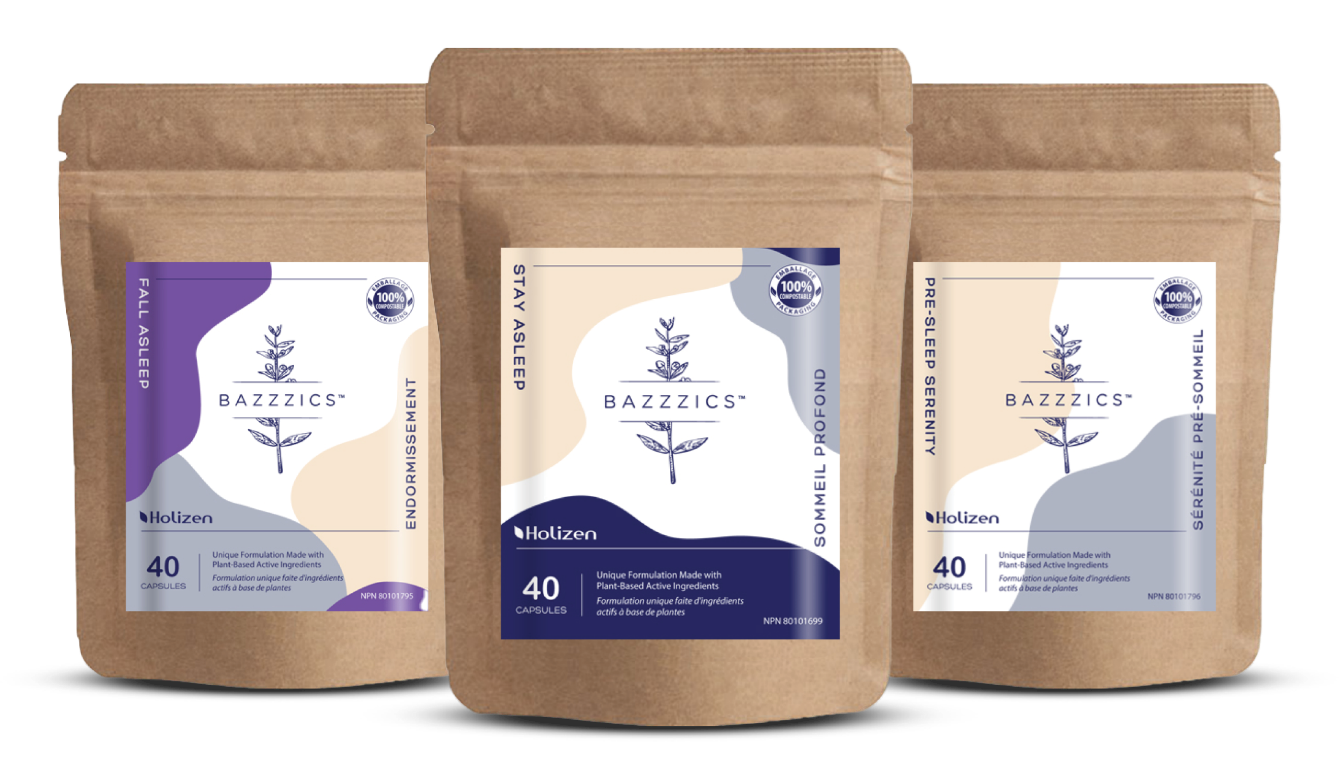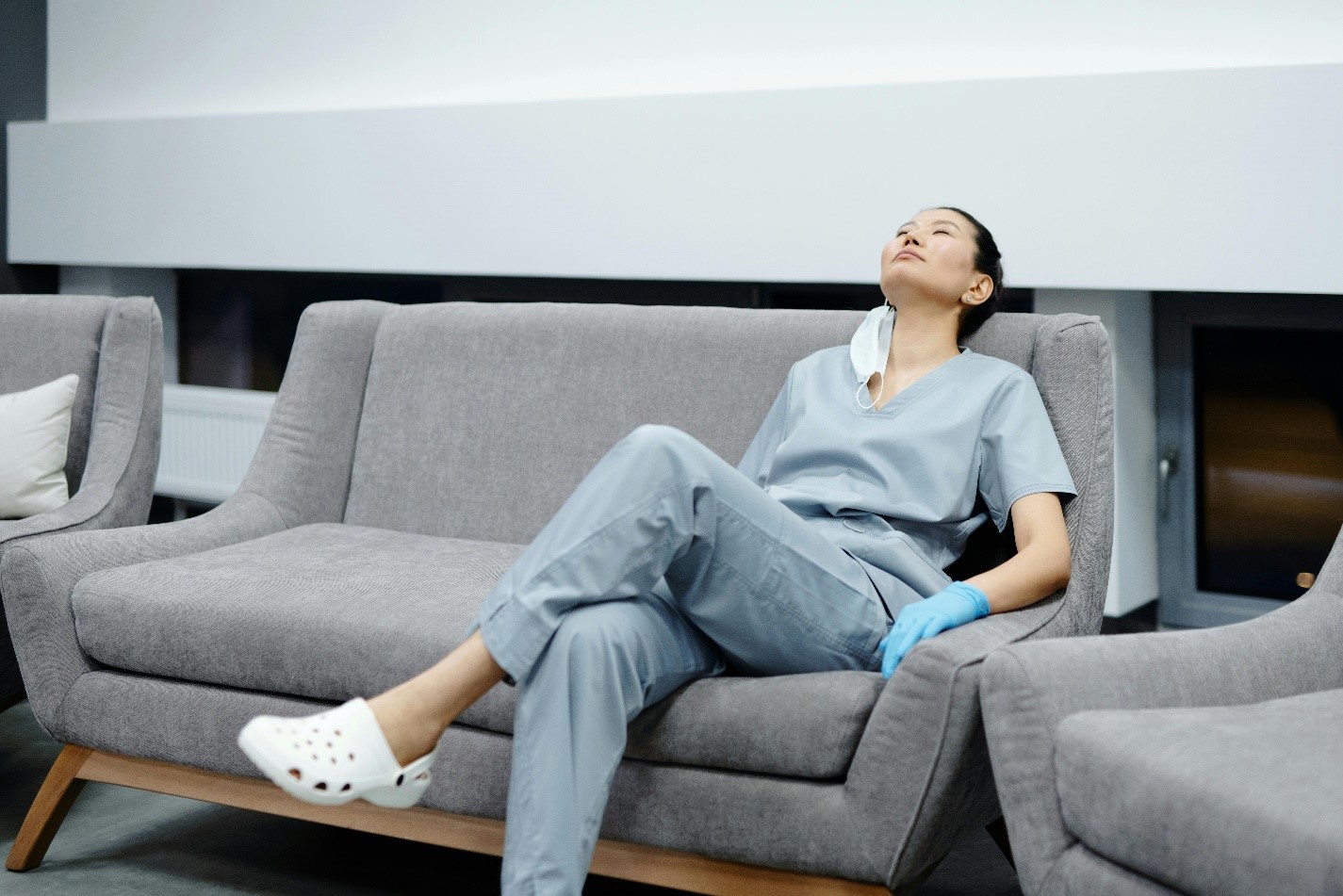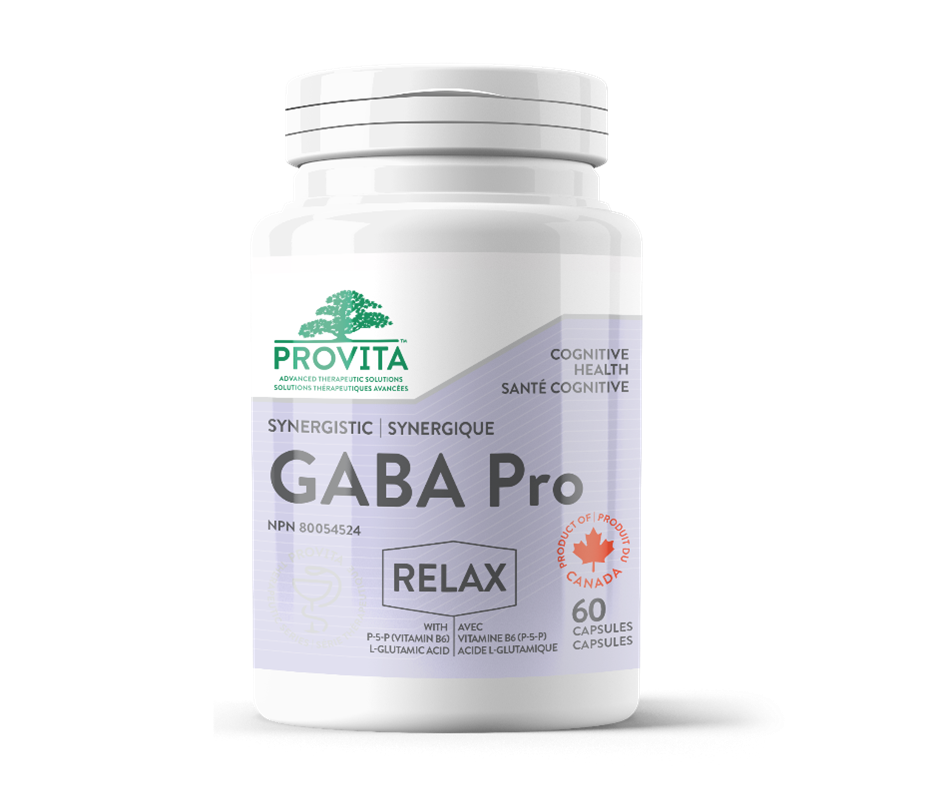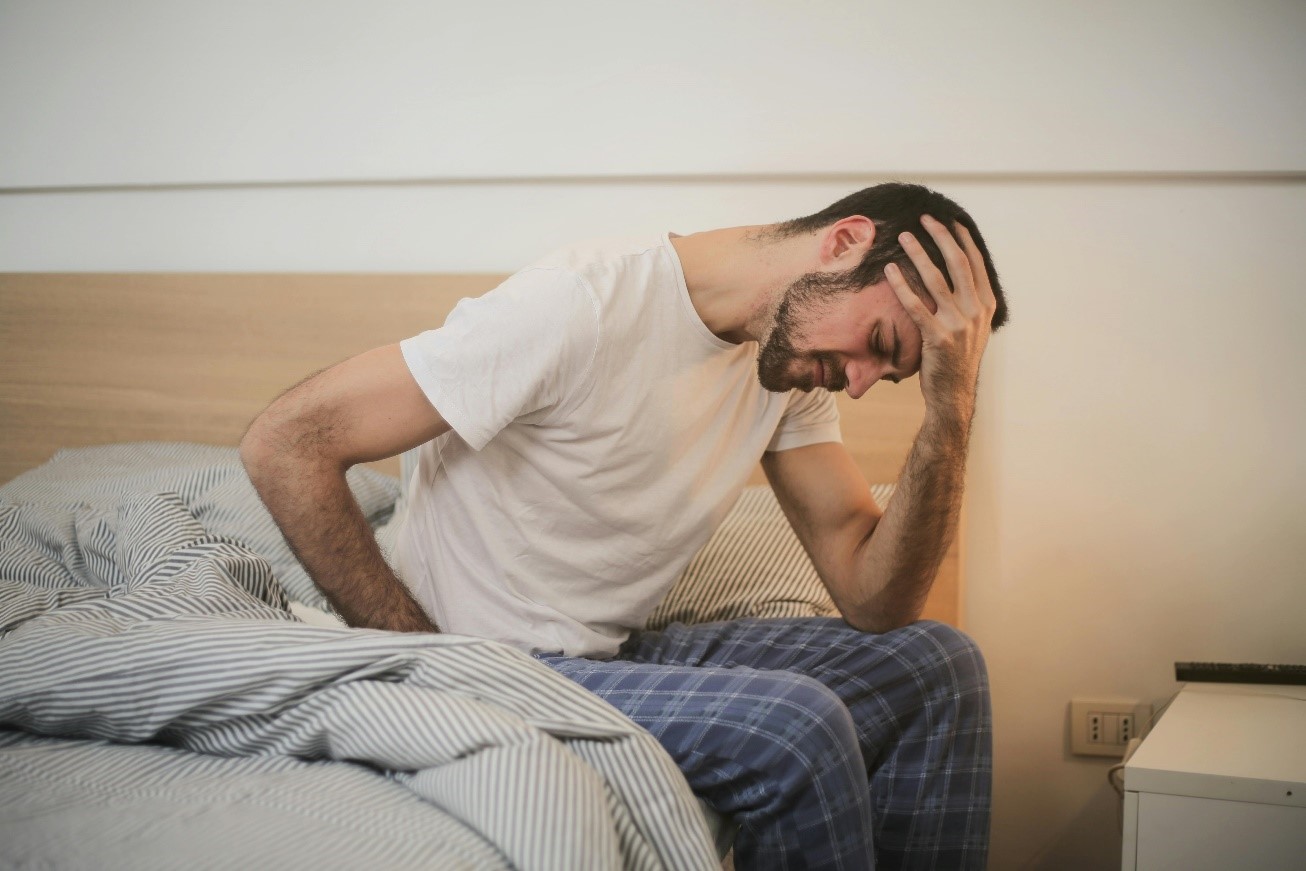Ecotrend Blog Do you get
between 7-8 hours of sleep every night? According to a 2019 study, 62% of
adults in the US reported not getting enough ZZZs. And though sleep may sit low
on people’s priorities compared to other issues, chronic sleep deprivation can
have short-term and long-term consequences on productivity, and mental and
physical health. So much so, that the CDC declared sleep disorders as a
public health epidemic. Risks of sleep deprivation include proneness to car
accidents, medical mistakes, and industrial accidents. Long-term health
consequences include increased risk of cancer, obesity, hypertension, diabetes,
and depression. We’ll go over the correlation between health problems and sleep
deprivation in the following. In the early
1900s, adults were sleeping close to 9 hours a night. Over the past few
decades, sleep disorders like insomnia have significantly increased. It is
estimated that sleep deprivation costs the US economy around $63 billion a year
due to productivity loss. A huge survey performed with close to 50 million
people revealed that 23.2% of people had concentration issues after not getting
enough sleep. And 8.6% (18 million) of people had problems with job
performance. We all know
what the difference a good night's sleep makes on our mood, motivation, and
productivity. But how do we actually go on to beat the odds, and be in the
percentage of people who are getting quality sleep every night? This article
will explore some potential solutions to the nagging sleep problem our society
deals with. The U-shaped
theory: Obesity, Heart Attacks and Sleep Deprivation With sleep,
you might think the more the better, but that’s not quite it. Researchers have
found a peculiar trend, where participants experienced increased health
problems associated with obesity, diabetes, and heart stroke when they
consistently slept under around 7 hours, or above 9. At the bottom of the U curve, you have the
lowest propensity for those health issues, between the 7 to 9 hours a night
mark. Higher
body mass index: A
13-year study that followed 500 adults revealed that by age 27, individuals
with short sleep duration (<6 hours) were 7.5 times more likely to
have higher body mass index, controlling for factors like family history,
physical activity, and demographic factors. Heart
attacks: Adults with
shorter and longer sleep duration of 7.7. hours had a progressively higher risk
of heart attacks. Mortality: Five hours of sleep or less was
associated with a 45% increase in mortality risk after adjusting for age, BMI, smoking, and snoring.
Similarly elevated risks were also found for sleeping 9 hours or more. Types of Sleep
Problems The most
common type of sleep problem is insomnia, or the inability to fall asleep. Just
over a third of people reported suffering from insomnia, the highest percentage
across all health issues impacting sleep like snoring, shift work sleep
disorder, chronic pain, sleep apnea and narcolepsy. During the COVID pandemic,
searches relating to insomnia in the US increased 58%. Have
trouble falling asleep? Check out Bazzzics, one of our partnered brands that specialize in natural
sleep aids.  Bazzzics Fall Asleep, Stay Asleep, & Pre-Serenity, 40
caps Bazzzics
carries products tailored toward different stages of the sleep cycle. Fall
Asleep: Contains a combination
of Scullcap and California poppy and is used for a calming and sedative effect
to help you fall asleep quickly. Stay
Asleep: Contains a
combination of California poppy, lemon balm and passionflower. It’s used to
calm the mind and help maintain your sleep throughout the night. Another common
sleep problem is sleep apnea, which is the sporadic cessation of
breathing during sleep. This causes the individual to wake up frequently during
the night. The risk of sleep apnea is increased by obesity because more fat
deposits around the neck restrict the airway flow. Other types
of sleep loss problems are categorized into lifestyle/occupational and sleep
disorders. 1. Lifestyle and Occupational Shift work, prolonged working hours, jet lag, irregular sleep schedules. 2.
Sleep Disorders Insomnia, sleep-disordered breathing, RLS, narcolepsy, circadian rhythm
disorders.
The Role of
Stress in Sleep Several
lifestyle and behavioural patterns can contribute to stress. The pandemic, for
example, caused an increase in stress and sleep problems. Increased resilience
to longer working hours, shift work, and access to travel can all affect our
natural circadian systems. We also spend a lot of time on our phones, which are
constantly nudging us with pings, distressing news, and “urgent” messages.
Social media use can contribute to higher anxiety, especially among younger users. Provita offers synergistic natural health
supplements that target our stress levels and aid in relaxation and sleep. For example, GABA Pro combines GABA
with neurotransmitters Glutamic Avid and P-5-P for enhanced calm and
relaxation. GABA is a major neurotransmitter that functions as a “brake” on our
neural circuits during stress. It relaxes the muscles, slows the heart rate and
breathing, and reduces anxiety, tension, and insomnia. Provita Synergistic GABA Pro, 60 caps Causes of
Sleep Loss
Environmental,
biological, and psychological factors can lead to sleep deprivation. Here are
some of the common culprits. -
Light exposure.
Light exposure reduces melatonin in our bodies, which is a sleep-inducing
hormone. When our bodies are exposed to light, it cues our brain that it’s
daytime and prompts us to stay awake. Blue light comes from screens (think
smartphones, laptops, television..ect) and can hinder our ability to fall
asleep. A Harvard study showed that participants exposed to blue light
had reduced melatonin levels and circadian rhythms shifted twice as long as
compared to those who were exposed to green light. Prospek Glasses offers the perfect solution to defy blue light
with its blue light blocking glasses. Made with extremely light and
flexible beta titanium alloy, it is 40% lighter than other metals making them
comfortable to wear all day long. In addition, the lenses have eight special layers of
protection, including UV protection, scratch resistance, and anti-glare layers.
Comes in modern, trendy designs so you can look and feel great!  Prospek Aura Blue Light Blocking Glasses -Transition to Remote Work Remote work has become more desirable due to the advance of technology,
and the aftermath of the pandemic. However, surveys reveal that remote workers
tend to feel more pressure to be available at all hours of the day, compared to
non-remote workers. 65% of remote workers responded that they worked longer
hours than when in the office. Remote work can cause irregular work hours, lack
of personal-work boundaries, and longer time spent in front of screens late at
night, which can disrupt sleep quality. -Cell phone use before bed Nearly half of the participants in a survey reported using
their phones right before they went to bed and the first thing they did upon
rising. Blue light exposure in the evening can make it harder to fall asleep. Checking
social media the first thing in the morning can cause a shoot-up of dopamine,
followed by withdrawal shortly after. -Shift work An increase in the prevalence of shift work, such as night
shifts can disrupt worker’s circadian rhythms. 30% of Canadians work shifts or
non-standard hours as a requirement for their jobs. The main results of a study
conducted by Statistics Canada showed that men who worked evening, rotating or
irregular shifts had increased odds of being diagnosed with a chronic condition
over 4 years. With both sexes, there were increases in psychological distress
over two years. -
Greater access to television and the internet The plethora of screens in our lives promotes distraction and procrastination
and causes us to stay up later than we need to. Paired with early morning alarm
clocks, it’s a recipe for consistent sleep deprivation. Feel
stressed out? Try Passionflower from SlothMD SlothMD, Passion Flower, 60 caps Passion
Flower is a natural mental stress relief and sleep aid. It’s been historically
used to treat anxiety, insomnia, and nervous disorders without creating
dependency. SlothMD produces formulations crafted to target precise issues
compounded with unique natural ingredients by highly skilled scientists. The Dollar
Cost of Sleep Deprivation Long-term sleep
deprivation not only causes a health tax that’s hard to repair, but it also
seems to have a substantial financial impact. In one US study, it was estimated
that the US economy loses $63 billion a year due to insomnia. This was based on
the calculation that workers lost out on an average of 11.3 days ($2,280) of
productivity every year due to sleep issues. Other
developed nations like the UK, Japan and Germany reflected similar results. Societal
sleep deprivation was costing anywhere between 1-3% of the country’s annual
GDP. Forgoing
sleep to work more is often glamorized in a society that upholds productivity
and wealth creation. However, not sleeping enough could end up costing you more
in the long run. Conclusion In the
relentless pursuit of productivity and success, sleep often becomes the
sacrificial lamb on the altar of ambition. Yet, as the evidence mounts and the
consequences become clearer, it's apparent that the true cost of sleep
deprivation extends far beyond the individual. It permeates our collective
health, economy, and well-being, manifesting as a national health crisis. From the
staggering economic losses to the insidious toll on physical and mental health,
the ramifications of sleep deprivation reverberate throughout society. It's a
silent epidemic, insidiously undermining our vitality, productivity, and
longevity. However,
amidst the bleak statistics and dire warnings lies a glimmer of hope. By
acknowledging the critical importance of sleep and prioritizing its
restoration, we can begin to reverse this alarming trend. Whether through
embracing natural supplements, adopting healthier lifestyle habits, or
challenging societal norms that glorify overwork, there are pathways to
reclaiming our right to rest. In the
battle against sleep deprivation, every individual has a role to play. By
valuing sleep not as a luxury, but as a fundamental pillar of well-being, we
can pave the way towards a healthier, more resilient future—one where the
nation no longer suffers under the weight of exhaustion but thrives in the
embrace of a good night of ZZZs.
Citations Colten, H. R.
(1970, January 1). Extent and health consequences of chronic sleep loss and
sleep disorders. Sleep Disorders and Sleep Deprivation: An Unmet Public
Health Problem. https://www.ncbi.nlm.nih.gov/books/NBK19961/ Shafer, L.
(2017, December 15). Social media and teen anxiety. Harvard Graduate
School of Education.
https://www.gse.harvard.edu/ideas/usable-knowledge/17/12/social-media-and-teen-anxiety
Shields, M.
(2022, July). Shift work and health. Shift Work and Health .
https://www150.statcan.gc.ca/n1/pub/82-003-x/2001004/article/6315-eng.pdf Teh, D. (2021,
September 27). Too many of us are sleep deprived and it’s become a crisis.
HealthMatch.
https://healthmatch.io/blog/too-many-of-us-are-sleep-deprived-and-its-become-a-crisis
|


